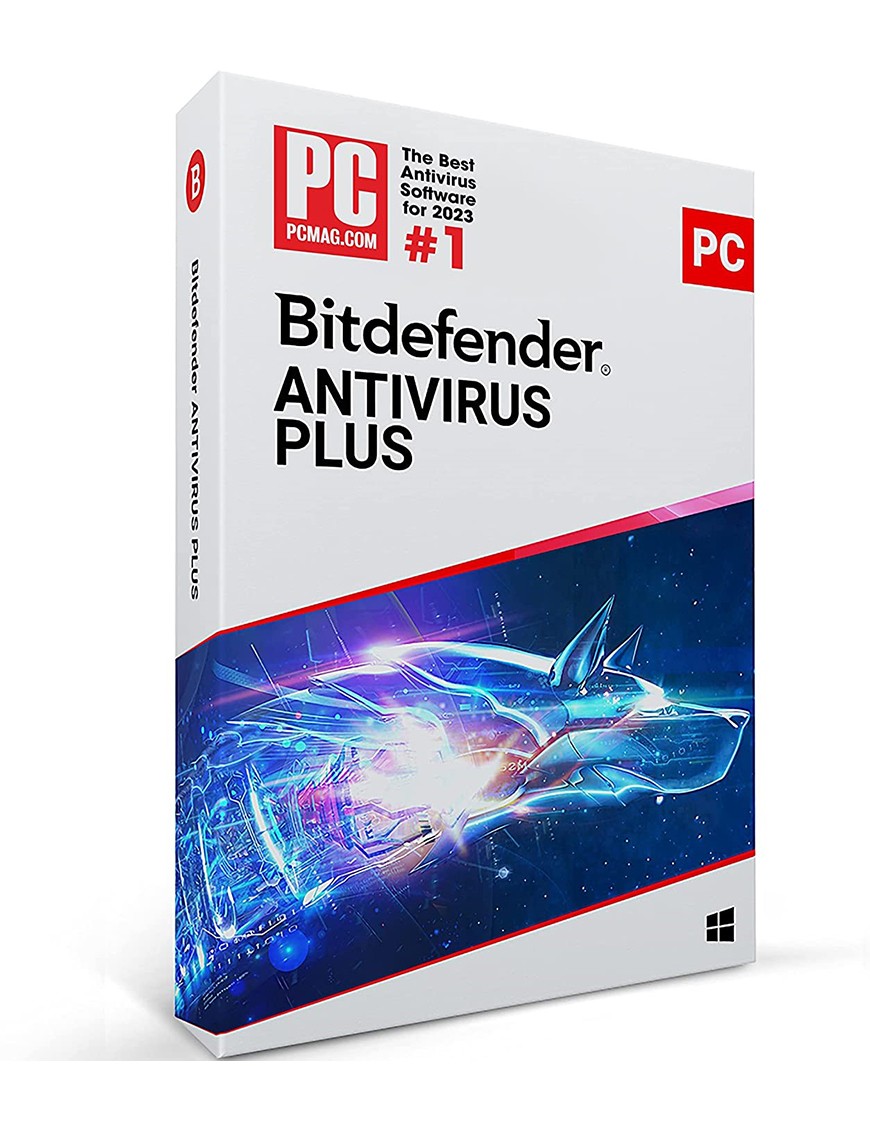
In today’s interconnected world, where digital threats lurk around every corner, safeguarding your PC against viruses and malware is essential. With cyber attacks becoming increasingly sophisticated, ensuring robust virus protection for your endpoint devices is paramount. Whether you use your PC for work, entertainment, or personal tasks, protecting it from malicious software is crucial to maintaining security, privacy, and productivity. In this article, we’ll explore the importance of virus protection pc (virenschutz pc)and provide actionable tips to empower your endpoint with robust security measures.
The Importance of Virus Protection
1. Security: Virus protection serves as the first line of defense against cyber threats, including viruses, malware, ransomware, and phishing attacks. By installing reliable antivirus software, you can prevent malicious software from infiltrating your PC and compromising your data and privacy.
2. Privacy: Viruses and malware often aim to steal sensitive information, such as passwords, financial data, and personal documents. With robust virus protection in place, you can safeguard your privacy and prevent unauthorized access to your confidential information.
3. Performance: Viruses and malware can significantly impact the performance of your PC, causing it to slow down, freeze, or crash unexpectedly. By proactively detecting and removing malicious software, virus protection helps optimize your PC’s performance and ensure smooth operation.
4. Peace of Mind: With virus protection in place, you can enjoy peace of mind knowing that your PC is safeguarded against digital threats. Whether you’re browsing the web, downloading files, or opening email attachments, robust security measures provide reassurance and confidence in your online activities.
Actionable Tips for Robust Virus Protection
1. Install Antivirus Software: Start by installing reputable antivirus software on your PC. Choose a solution that offers real-time protection, automatic updates, and comprehensive malware detection capabilities. Popular antivirus programs include Norton, McAfee, Bitdefender, and Avast.
2. Keep Software Updated: Ensure that your operating system, web browser, and other software applications are up to date with the latest security patches and updates. Regularly check for software updates and enable automatic updates whenever possible to stay protected against known vulnerabilities.
3. Enable Firewall Protection: Activate the built-in firewall on your PC to monitor incoming and outgoing network traffic and block suspicious connections. Firewalls act as an additional layer of defense against unauthorized access and malicious activity.
4. Exercise Caution Online: Practice safe browsing habits and exercise caution when interacting with unfamiliar websites, email attachments, or links. Avoid downloading files from untrusted sources and be wary of phishing emails or messages that may attempt to trick you into disclosing sensitive information.
5. Use Strong Passwords: Strengthen your PC’s security by using strong, unique passwords for your accounts and devices. Avoid using easily guessable passwords and consider using a password manager to securely store and manage your credentials.
6. Regularly Back Up Your Data: Protect your valuable data against loss or corruption by regularly backing up your files to an external hard drive, cloud storage service, or network drive. In the event of a malware infection or hardware failure, having backups ensures that you can restore your data quickly and easily.
7. Educate Yourself: Stay informed about the latest cybersecurity threats and best practices by educating yourself through reputable sources, such as cybersecurity blogs, forums, and online resources. Awareness and knowledge are key to effectively protecting your PC against evolving threats.
Conclusion
Empowering your endpoint with robust virus protection is essential for safeguarding your PC against digital threats and ensuring a secure computing experience. By installing reliable antivirus software, keeping your software updated, enabling firewall protection, practicing safe browsing habits, using strong passwords, backing up your data regularly, and staying informed about cybersecurity best practices, you can fortify your PC’s defenses and mitigate the risk of malware infections. Take proactive steps to protect your PC today and enjoy peace of mind knowing that your digital assets are safe and secure.